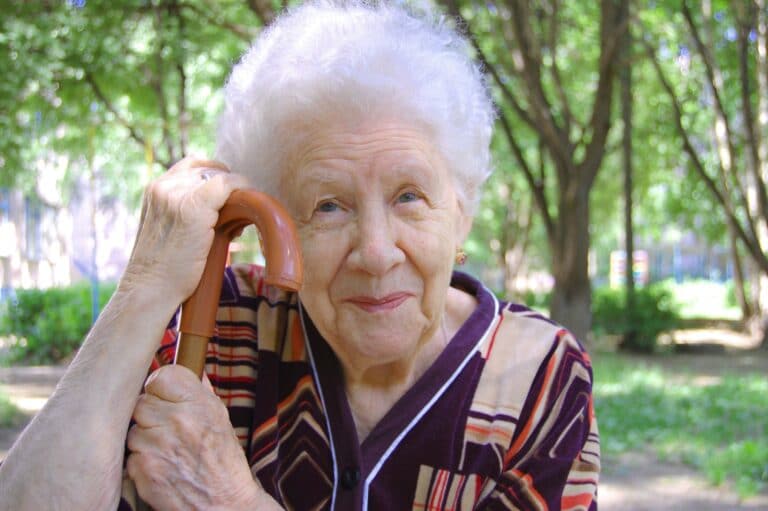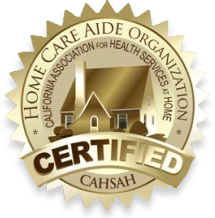As you age, the chances of developing a chronic illness are greater. In fact, 60% of U.S. adults have at least one chronic illness and 40% have two or more. All chronic illnesses require regular medical check-ups. Many chronic illnesses require prescription medications, careful diet, and daily exercise.
When an older adult has a chronic condition, it can impact the ability to manage activities of daily living independently. At this point, a family member, close friend, or paid caregiver usually provide some level of care. With the right elderly care services, that person doesn’t have to go into assisted living or a nursing home. These are the ways elderly care help with the different common chronic conditions.
Alzheimer’s Disease
Alzheimer’s will lead to a decline that can take years. As the brain function declines, it becomes harder for the person to know what day/week/month/year it is, where they live, or when they last ate or had a glass of water. As the symptoms progress, there will be a need for someone to help schedule and get to appointments. Meals, personal care, and medication reminders also become important.
Cancer
Some forms of cancer are easier to beat than others. Treatments also vary. Some cancers are best treated through the surgical removal of the tumor, while others require chemo and radiation. Regular medical appointments are important. Someone needs to drive the person to and from chemo/radiation sessions. Someone needs to be there to help with meals, ambulation, and personal care, too.
Heart Disease
Heart disease also leads to different treatments. Surgery may be required. During the recovery, someone needs to drive the person to follow-up appointments. Diet, exercise, medication reminders, and help easing anxiety by being a companion can also help.
Stroke
No matter which kind of stroke has hit, it impacts physical mobility and speech. Weeks of therapy are needed to help restore a level of independence. Physical and speech therapy will take place in the hospital and a rehabilitation facility. Additional therapy in the home or at a medical office may also be recommended. Follow-up medical appointments are also needed.
Someone needs to be available to drive the stroke patient to these appointments. Assistance with personal care and grooming, meals, and reminders for medications and completing therapy exercises is also important.
Chronic health conditions do not have to put an end to a parent’s independence. Call a home care agency and discuss the services that are offered in your mom or dad’s area. With elderly care services, your parent stays at home and you don’t have to worry about them being alone.
If you or an aging loved-one are considering hiring Homecare in Morgan Hill, CA, contact the friendly staff at Home Care Professionals today.
Call (866)-940-4855
Sources:
Cdc.gov
- Seven Indicators That Your Loved One Could Benefit from 24-Hour Home Care - April 18, 2025
- Creating Visual Cues to Support Independence for Seniors With Alzheimer’s - April 9, 2025
- Protecting Your Senior From Distracted Driving Mistakes - April 2, 2025




